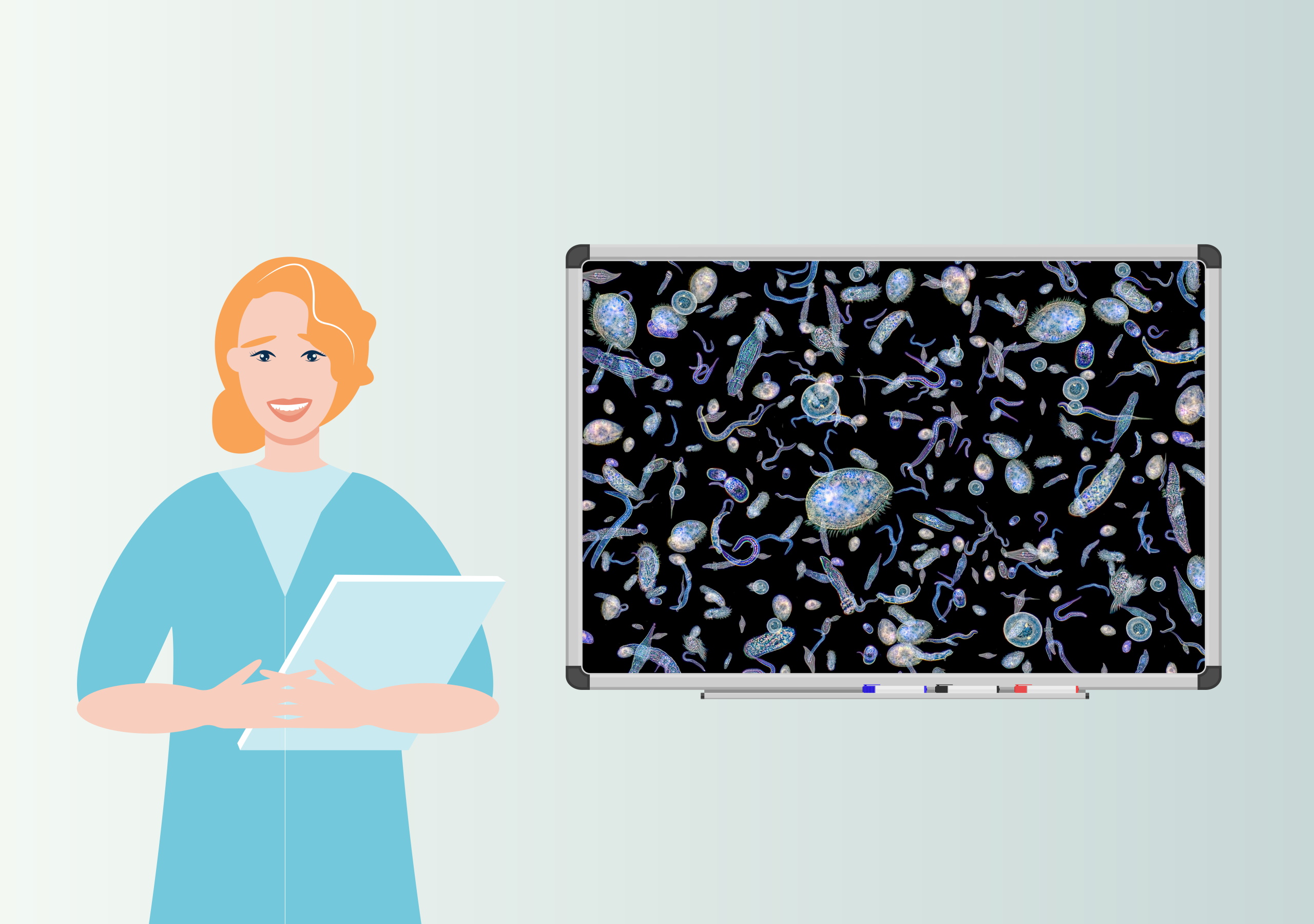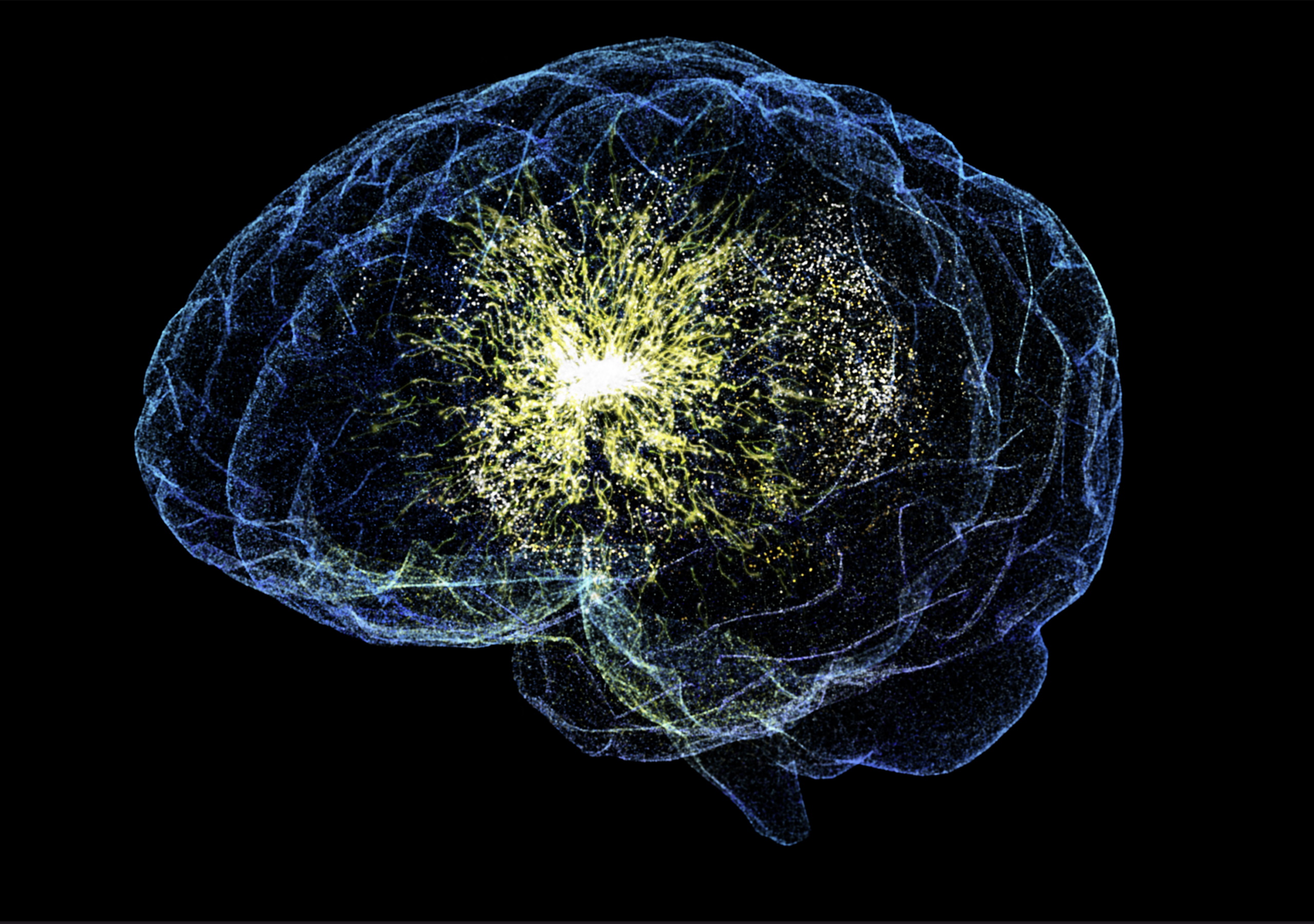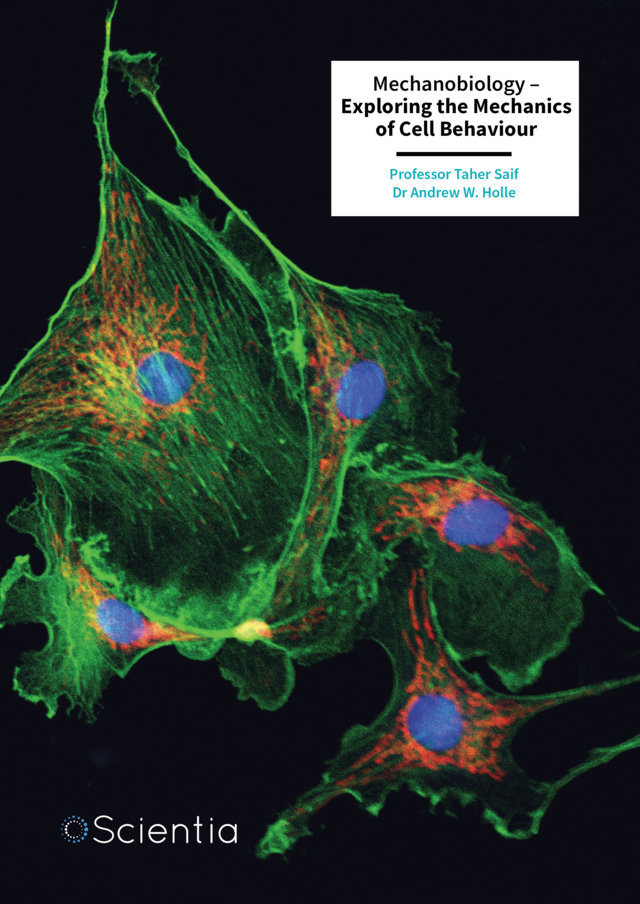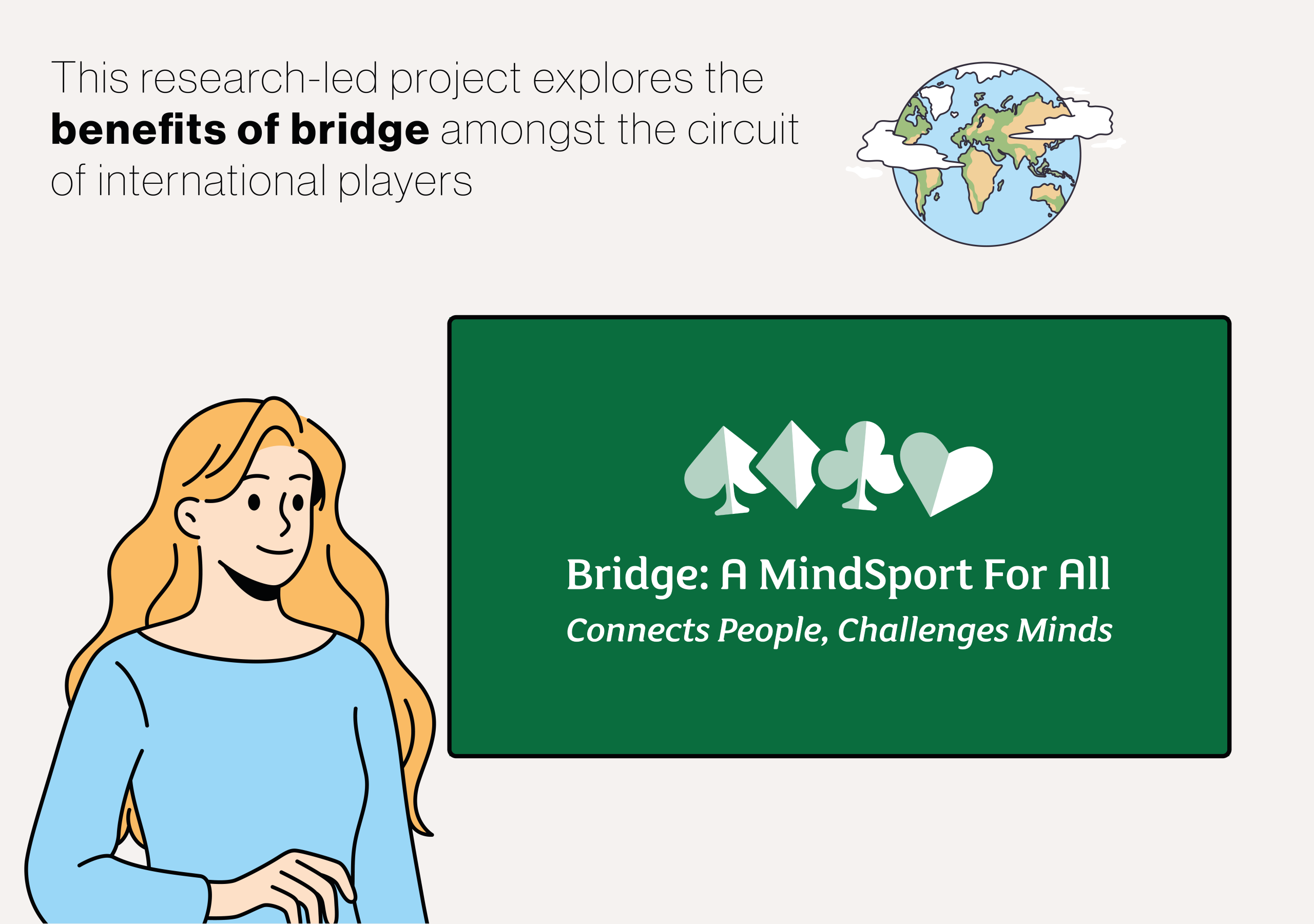Darwin identified fire and language as the key elements of human progress. Professor Elliot Berry, of the Hebrew University of Jerusalem, argues that nutrition and food security are equally vital for cultural evolution. He is a Specialty Chief Editor of Frontiers in Nutrition – Nutrition and Sustainable Diets, and an Editor of the three volume Encyclopaedia of Food Security and Sustainability. Berry explains that food security supports the development of sociotypes, which describe how individuals interact within society, and emphasizes their importance, especially amid global crises, for sustainable development and public health. He advocates that we recognize food security as a fundamental human right and incorporate sociotype concepts in medicine and public health. More
Darwin considered the two formative characteristics for Homo sapiens to be the control of fire and use of language. These have facilitated the formation of societies and cultures and have led to the overall progress of the human race. However, the role of nutrition and food security seems to have been over-looked as one of the driving forces of cultural evolution – in going from hunter gatherers to sedentary communities.
In a recent paper, Professor Elliot Berry, of the Hebrew University of Jerusalem, highlights the vital roles of food security and nutrition in the development of human societies and culture. He discusses their function in influencing patterns of interaction with family, peer groups and society, which he calls sociotypes. He argues that it is vital, given the instability of today’s world, that we recognise the importance of food security in the evolution and health of our societies.
The role of food in the development of community, culture, and modern civilization presents an intriguing story. The major advances in civilization could not have occurred without a regular food and water supply. The ability to control fire for warmth and protection allowed early hominids to descend from the trees and lead a nomadic land-based existence. This marked the beginning of socialization. For the next several thousands of years, the dominant activity of these bands of hunter-gatherers was searching for food.
Livestock domestication and growing crops heralded the Neolithic agricultural revolution some 12,000 years ago. Food storage and water security were the preconditions for the survival and expansion of these first settlements to create societies and cultures.
One of the reasons food security was so influential is because it facilitated the development of ‘sociotypes’. The “sociotype” is a term proposed by Professor Berry to describe how people interact with society at large. The sociotype acts together with a person’s “genotype” (which is based on DNA inherited from parents), to define his or her “phenotype” – that is, observable characteristics and behaviours – which in turn, determine how individuals cope throughout life and further societal culture.
The sociotype has three main domains. First, Individual Health, which includes the intellectual, psychological, and spiritual make-up. Second, Relationships, such as between family, friends, and colleagues at work, and on social media. Third, Context, which refers to political landscapes, educational systems, socioeconomic networks, cultural values, demographics and public health. An individual’s sociotype is dynamic and changes throughout life depending on circumstances.
Food, as the essential fuel for the body and mind, interacts at each dimension of the sociotype to safeguard the recognized elements of food security. These are Utilisation, Accessibility, and Availability. Utilisation is important at the Individual level; humans need the metabolic fuel (of the “highest octane”) to realize their full potential – the first 1000 days of pregnancy and early childhood being particularly critical to achieve this.
Accessibility, at the household level, is key in the domain of Relationships, in terms of whether food is possible to obtain physically or economically and how it is distributed. Finally, Availability works at the national level, in the Context domain, referring to the right of all populations to culturally-sensitive, adequate, affordable and healthy nutritious food. There are also additional short- and long-term dimensions – Stability and Sustainability, respectively, which together with Agency or Civil Society, ensure the interdependent One-Health paradigm of animal, human and environmental health.
Together, food security, sociotypes, and culture create a complex adaptive system that helps achieve sustainable development and eradicate hunger. This system is characterized by complex non-linear interactions among many components, such as health, economics, governance, ecology and climate, and science and technology. These interactions occur at several levels, involving interdependency, trade-offs and synergies, to produce dynamic, unpredictable outcomes. Some practical examples of such interactions are poverty in social and economic systems; food insecurity in agricultural and economic systems; and compromised immunity in human biological systems. Therefore, at the population level, the progress of the sociotype is dependent on its nutritional status
The geopolitical consequences of man-made and natural disasters such as the wars in Ukraine and the Middle East and the effects of climate change – heatwaves, floods and hurricanes, have highlighted the critical role of food security and global food supply chains. These situations have produced food, commodity, and energy crises with horrendous ramifications in each sociotype dimension that force people in many parts of the world to choose between freezing or starving; heating or eating.
Secure food, energy and water supplies have been crucial in establishing centres of civilization. These, in turn, facilitated the creation of region-specific cuisines and food taboos based on local traditions. Eating disorders are an example of a culture-bound disease influenced variously by psychological make-up, family dynamics, and the media’s perception of desirable bodies among adolescents, especially in relation to body dysmorphism and pornography.
However, many challenges remain in implementing the sociotype framework for food security. Today, approximately half of the world suffers from undernutrition, despite there being enough available food to feed everyone – and half from overnutrition. Both are forms of malnutrition, which has at its roots, poverty and social inequities. Cultural values also influence how acceptable obesity is, and in some societies, as in Africa and the Middle East, it is encouraged in men for status, and in women for fertility. There have also been consumer and technological changes encouraging positive energy-balance – larger portion sizes increasing the INPUT side, while the proliferation of labour-saving devices decrease the OUTPUT side.
Professor Berry argues that the sociotype concept should be adopted in public health and medicine, to enable better strategic planning to ensure food security – in particular, access to nutritious food that supports overall health and wellbeing. In a medical setting, the holistic management of patients through a bio-psycho-social model would integrate human behavioural trends with social determinants of disease, to improve the management of chronic illness. This could be constructive in areas such as obesity management and in controlling pandemics, such as that caused by COVID-19. It is a tragic commentary on the 21st century that we have already been visited by the four horsemen of the Apocalypse – famine, disease, war and death. Applying the sociotype framework may help in dealing with these real and existential challenges.
Professor Berry’s sociotype framework demonstrates the importance of food security and social factors in safeguarding the survival, well-being, culture and progress of humankind. “A food secure nation is a healthy nation, is a productive nation, is a resilient and sustainable nation”.







